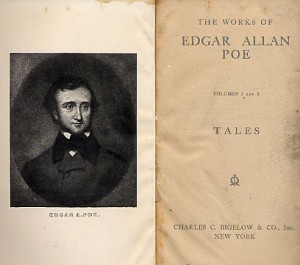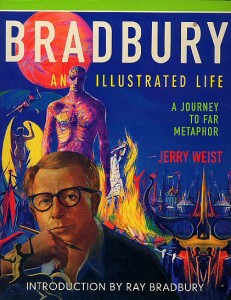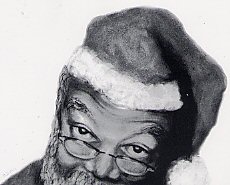Listen to Jim: http://jimreedbooks.com/mp3/exterminatingmartians.mp3
or read below…
.
Life, actually…
.
EXTERMINATING THOSE PESKY MARTIANS
.
“…across the gulf of space, minds that are to our minds as ours are to those beasts that perish, intellects vast and cold and unsympathetic, regarded this earth with envious eyes, and slowly and surely drew their plans against us.”
–H.G. Wells, The War of the Worlds, 1898
.
The child I once was and now remain, always plunges into each encountered book as if it is an entirely new world in which to live out an alternate life. Can’t help it. It’s the way I popped into existence and the way I now exist.
Reading the above H.G. Wells passage was scary when first experienced many decades ago and is equally ominous now.
.
The metaphor is clear: Not everybody likes everybody.
.
Many earthlings find reasons to hate and disdain and conquer other everybodies, and many lack the empathy to feel the pain of others.
.
Thus it was with the Martians. There was no “war of the worlds” in Wells’ novel—the title was a trick to get you to read it. The Martians did not come to earth to make war, they came to exterminate, much as a commercial exterminator comes to obliterate cockroaches in order to make a building habitable.
.
Ol’ H.G. was trying to shock us into looking beyond ourselves in order to protect the honorable traits we do have. He was saying, even if you stop warring with each other, you must still band together to repel all the other endangerments to life that are out there—pestilences, meteors, earthquakes, tsunamis, Martians, warming, solar flares, major storms…the list does go on.
.
Wars, be they political or virtual or actual, are mere distractions when it comes to pondering the future of humankind and animalkind.
.
.
We have so much to do.
.
Perhaps it will take a few more centuries to abolish war. Perhaps those then surviving will have the good sense to realize that the true obstacles to life on earth are bigger and more powerful than any standing or sitting army, any nuclear arsenal.
.
So, maybe the next book I fall into will be about a future when we’re all done with squabbling and are ready to tackle the really important issue of surviving all that Nature can dole out.
.
After all warring is spent, there will still be Martians and meteors to deal with. Wouldn’t it be nice if we could band together, forget boundaries and barriers, and start thinking about humanity itself?
.
Oh, well, it was just an idea
.
(c) 2024 A.D. by Jim Reed
.



